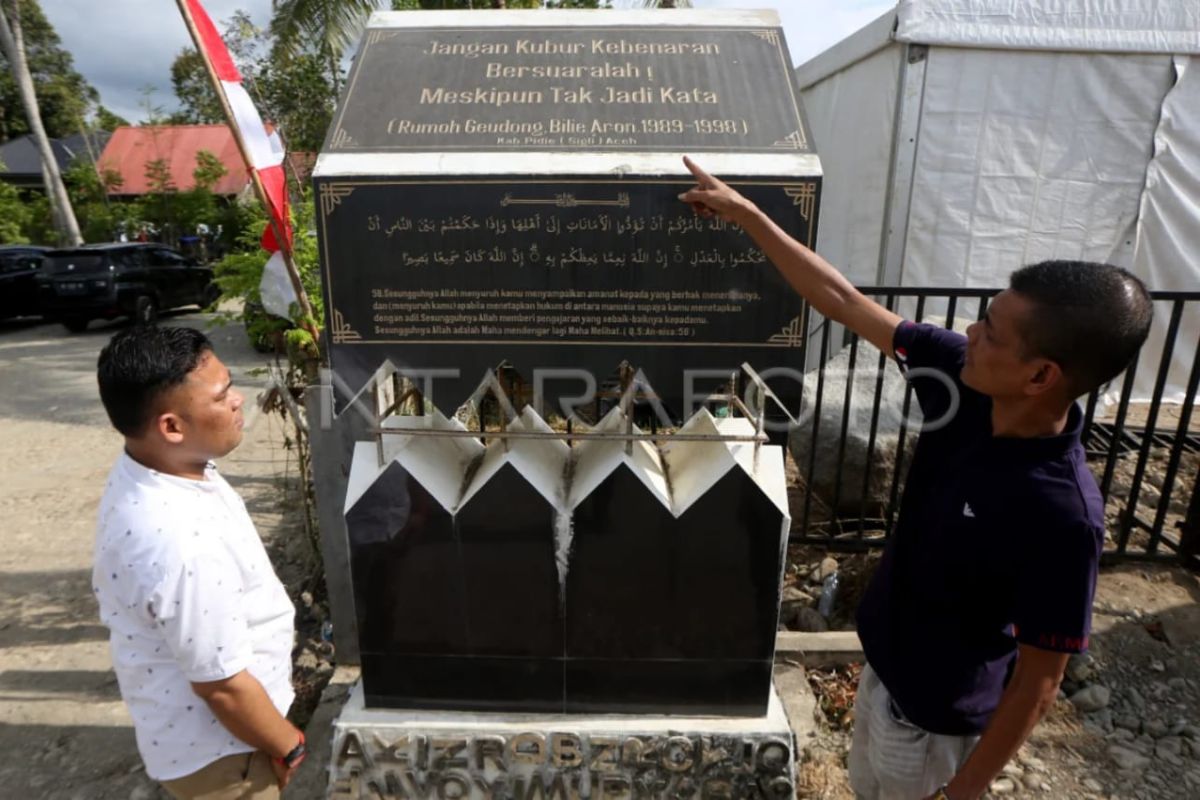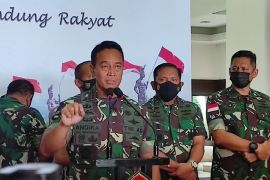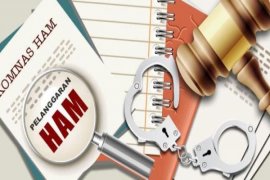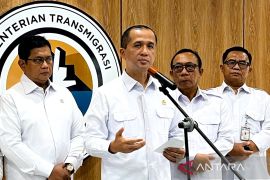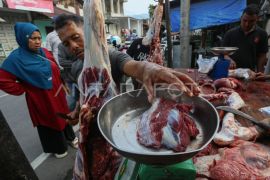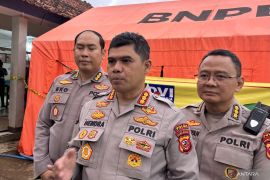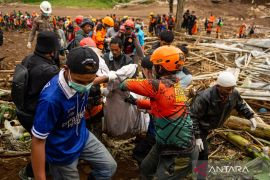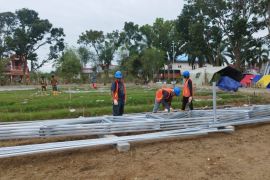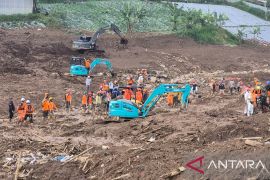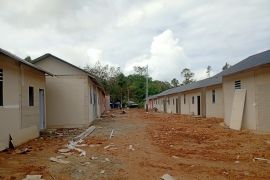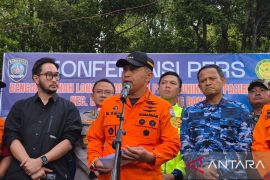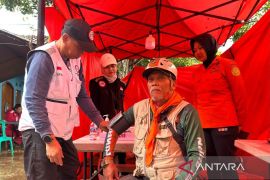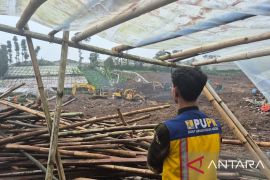“From 2025 to 2030, BRA has recorded 2,680 cases based on KKR Aceh’s recommendations for reparations,” said Yuliati, head of KKR Aceh’s reparations working group.
Specifically for 2025, KKR Aceh has recommended 557 victims for reparations, which are now pending implementation.
To date, KKR Aceh has documented statements from 5,155 victims of past violations. Another 1,200 cases are under verification for potential reparations eligibility, she said in Banda Aceh on Friday, October 31.
Previously, KKR Aceh carried out urgent reparations for 235 of 242 victims recommended to the Aceh governor via BRA in 2022, primarily through direct cash assistance.
BRA was established after the Aceh peace agreement under Law No. 11/2006 on Aceh Governance. The agency handles the needs of former GAM (Free Aceh Movement) combatants, political prisoners, and victims of the Aceh conflict.
Yuliati said past reparations mainly involved social assistance, but future efforts will focus on economic empowerment and social rehabilitation.
These measures follow the Aceh Governor’s Decree No. 100.3.2/1180/2025 issued on September 29, 2025, which sets guidelines for non-judicial reparations for past human rights violations in Aceh.
“Previously, no formal reparations guidelines existed, so aid was limited to cash assistance. Moving forward, programs will include economic empowerment and social rehabilitation,” she said.
Yuliati emphasized that reparations are a continuous right, accessible in multiple forms, and available to any verified victim regardless of economic status.
“When someone is confirmed as a past victim, they are entitled to restitution or recovery as their rightful claim,” she added.
ANTARA noted that in the context of human rights violations, "reparations" refers to measures provided to victims to acknowledge the harm they suffered and to help restore their dignity, well-being, and rights.
Reparations can be material, symbolic, or social, depending on the nature of the violation and the needs of the victims.
Related news: Mandela's influence guides Prabowo's domestic reconciliation efforts
Related news: Ministry provides aid for victims of human rights violations in Aceh
Translator: R.Fajri, Rahmad Nasution
Editor: Primayanti
Copyright © ANTARA 2025
